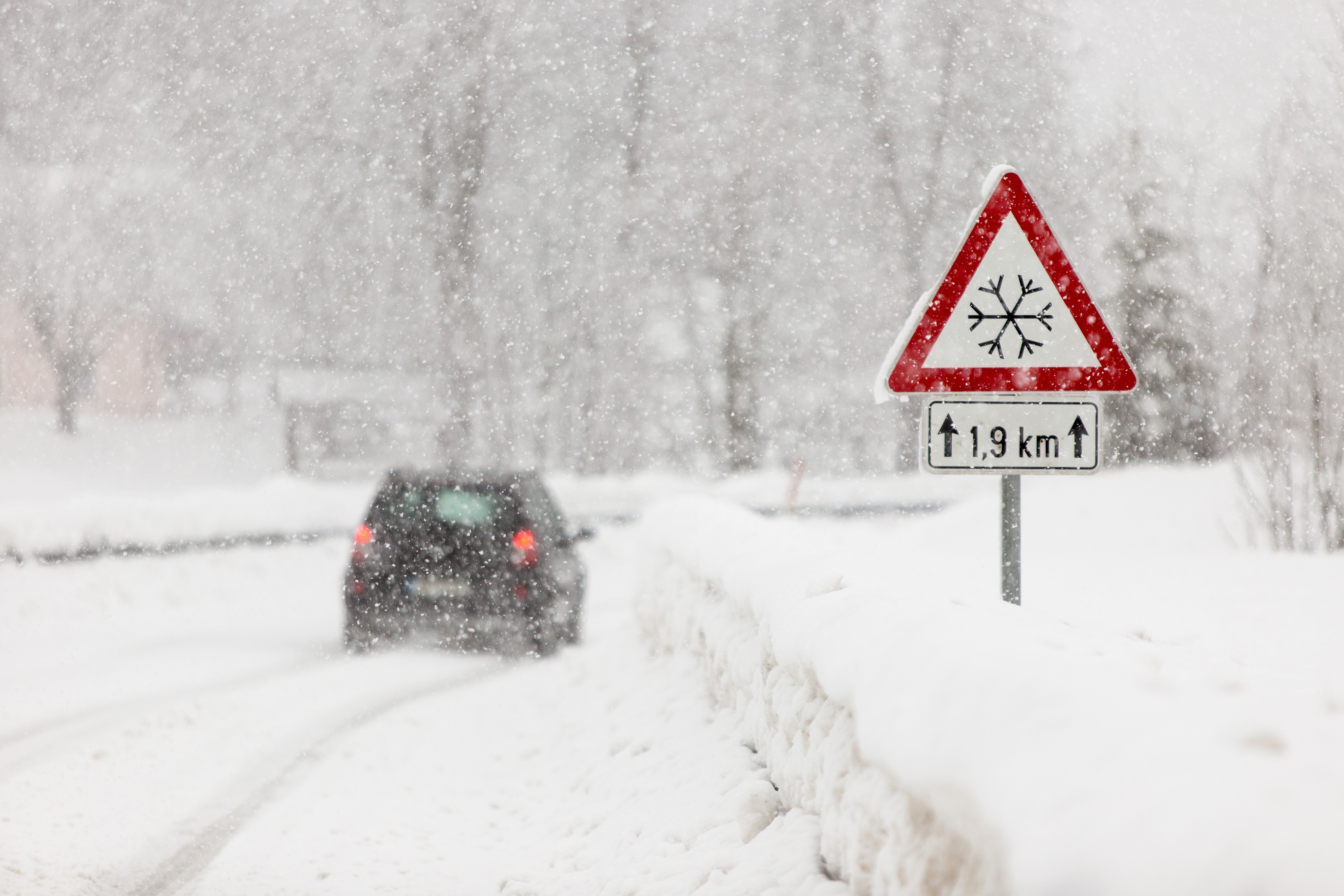The local health unit is letting residents know about the dangers of cold weather.
The Leeds, Grenville and Lanark District Health Unit is advising you to take extra precaution when temperatures drop to extremely cold ranges.
Cold weather can cause very serious health conditions and even death.
Medical Officer Dr. Paula Stewart says the first sign that you’ve been outside for too long is when you start to shiver.
“At some point, there isn’t enough warm blood going to the muscles so they stop shivering. That’s when you’re really seriously getting into trouble with hypothermia
Unprotected skin can freeze in as little as 10–30 minutes, and there is also an increased risk of frostbite and hypothermia for outdoor workers and people living without adequate heat or shelter.
The health unit says while everyone is at risk during the cold weather, the elderly, infants and children, people taking certain prescription medications, and people with pre-existing health conditions are in the greatest danger.
“Everyone has someone they can reach out to if they are starting to feel cold,” Dr. Stewart said. “You don’t want to wait to the point where you’re shivering – that’s the first thing. And those of us who are in warmer houses need to think about who we know who might be in a situation where they could get very cold, and reach out to those people.”
There are a number of precautions from wearing layers of warm clothes, to being aware of early signs of hypothermia or frostbite, to keeping a winter driving survival kit in your car and keeping an eye on road conditions.
Stewart says it’s critical to keep your body warm and to avoid caffeinated or alcoholic beverages.
“If you come across someone who’s shivering, you want to keep their core warm,” she said. “So, that’s putting blankets around the core to make sure it stays warm. When the core is warm, that’s when it will start sending blood to the legs, the face, the hands, and so on.”
For more information on how to protect yourself during extreme cold visit the Health Unit website.




